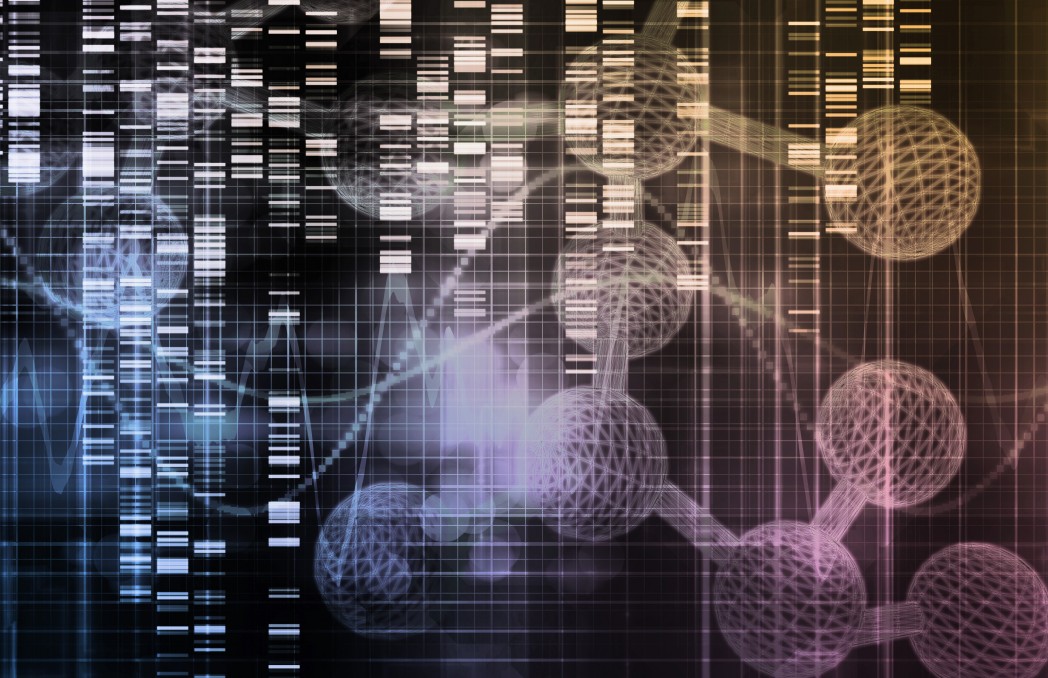Stem Cell Technology Leaders Review ALS Therapies, Promote Collaboration

Leaders in the field of induced pluripotent stem cell (iPSC) – a technology that can help derive motor neurons from people who suffer from amyotrophic lateral sclerosis (ALS) – have published a cutting-edge review, identifying advances and challenges in ALS modeling ability and calling for the development and adoption of rigorous criteria that may enable result comparison among distinct, independent labs.
The document, “Modeling ALS with motor neurons derived from human induced pluripotent stem cells” was published in this week’s issue of the journal Nature Neuroscience by a team of scientists led by Clive Svendsen, Ph.D., from Los Angeles’ Cedars-Sinai Medical Center.
“This review was generated as a result of a round-table discussion hosted by The ALS Association, bringing together leaders in the field to discuss and compare protocols. This resource will provide invaluable guidance to researchers using iPSCs in ALS research and therapy development,” said Lucie Bruijn, Ph.D., M.B.A., The ALS Association’s chief scientist who also co-authored the study, in a press release.
“These cells have emerged as an important tool for modeling the disease — motor neurons in culture that are derived from individual ALS patients. They have the potential to identify new disease mechanisms and individual susceptibilities to disease that cannot be revealed with other models. This may allow iPSCs to serve as exceptionally valuable tools to find new treatments based on a person’s unique genetic make-up,” Bruijn said.
To achieve the therapy’s full potential, the authors encourage a deeper understanding of how to improve the tailoring of motor neurons derived from iPSC in order to match motor neurons in living organisms – work that is currently being prepared and will begin soon. Additionally, the authors propose that standards for evaluation of motor neurons are agreed upon in the community so that different labs can compare results, something the team believes is a key step in moving forward the development of potential therapies.
Dr. Clive Svendsen and Dr. Dhruv Sareen are both funded through the Neuro Collaborative, which is now open to international researchers. For information on a full listing of the ALS iPSC lines currently available, visit this website.






